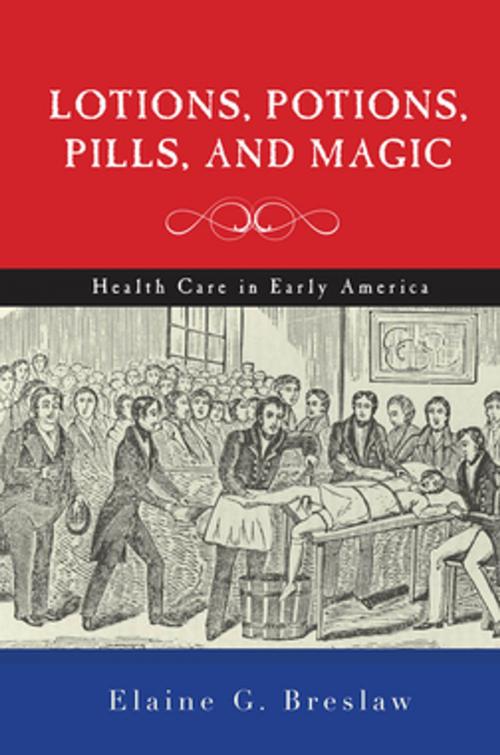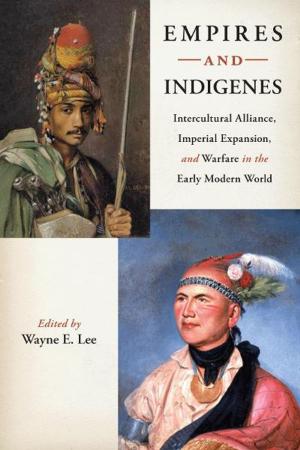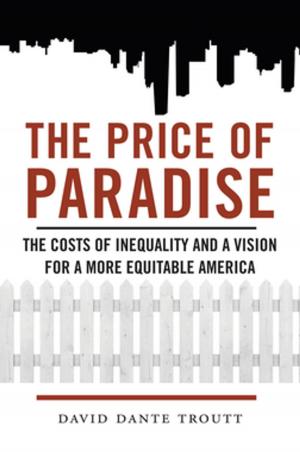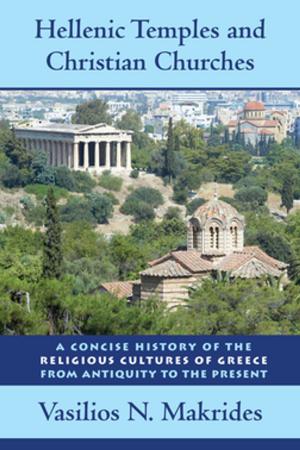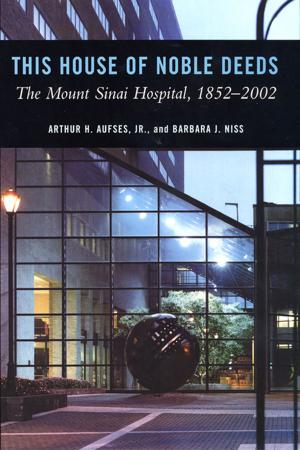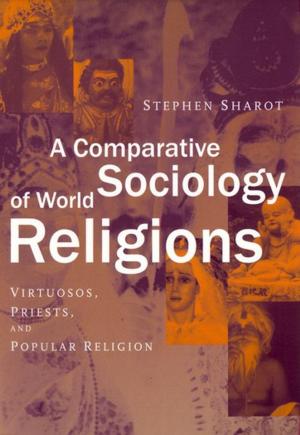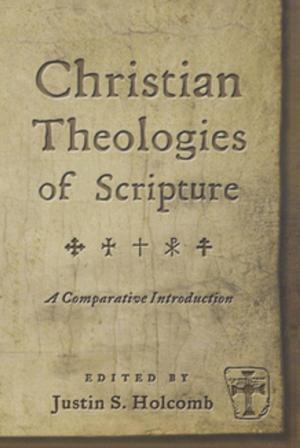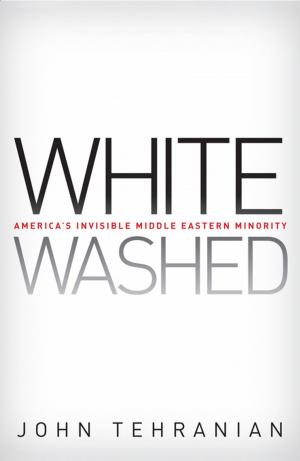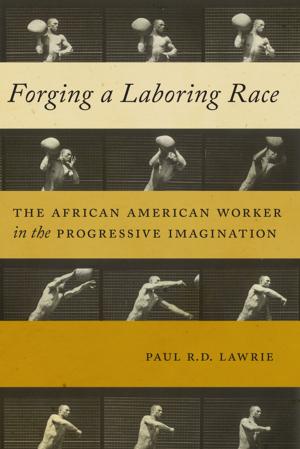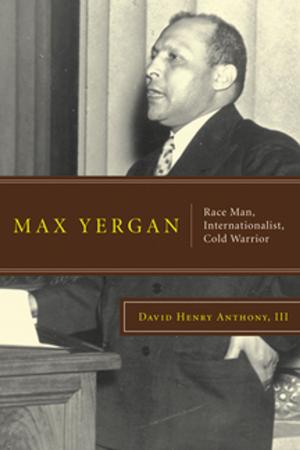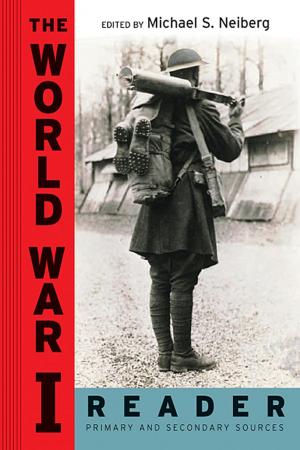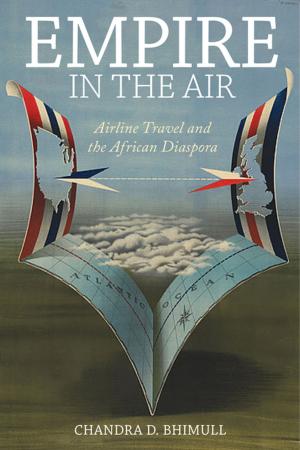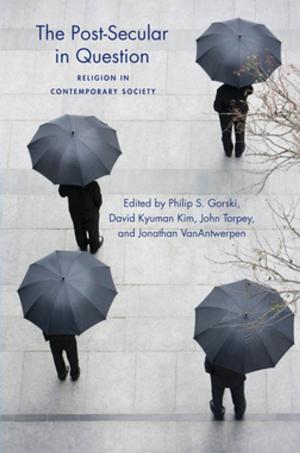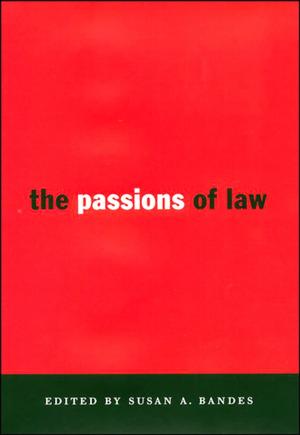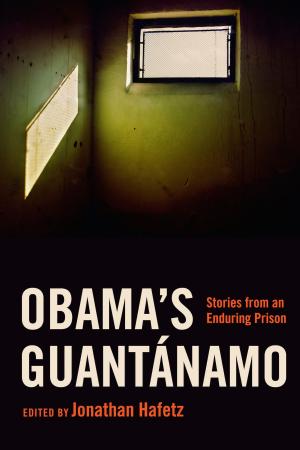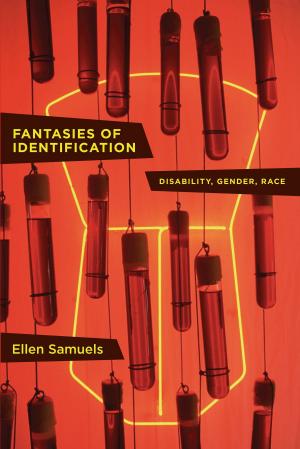| Author: | Elaine G. Breslaw | ISBN: | 9780814787182 |
| Publisher: | NYU Press | Publication: | October 15, 2012 |
| Imprint: | NYU Press | Language: | English |
| Author: | Elaine G. Breslaw |
| ISBN: | 9780814787182 |
| Publisher: | NYU Press |
| Publication: | October 15, 2012 |
| Imprint: | NYU Press |
| Language: | English |
Health in early America was generally good. The food was plentiful, the air and water were clean, and people tended to enjoy strong constitutions as a result of this environment. Practitioners of traditional forms of health care enjoyed high social status, and the cures they offered—from purging to mere palliatives—carried a powerful authority. Consequently, most American doctors felt little need to keep up with Europe’s medical advances relying heavily on their traditional depletion methods. However, in the years following the American Revolution as poverty increased and America’s water and air became more polluted, people grew sicker. Traditional medicine became increasingly ineffective. Instead, Americans sought out both older and newer forms of alternative medicine and people who embraced these methods: midwives, folk healers, Native American shamans, African obeahs and the new botanical and water cure advocates.
In this overview of health and healing in early America, Elaine G. Breslaw describes the evolution of public health crises and solutions. Breslaw examines “ethnic borrowings” (of both disease and treatment) of early American medicine and the tension between trained doctors and the lay public. While orthodox medicine never fully lost its authority, Lotions, Potions, Pills, and Magic argues that their ascendance over other healers didn’t begin until the early twentieth century, as germ theory finally migrated from Europe to the United States and American medical education achieved professional standing.
Health in early America was generally good. The food was plentiful, the air and water were clean, and people tended to enjoy strong constitutions as a result of this environment. Practitioners of traditional forms of health care enjoyed high social status, and the cures they offered—from purging to mere palliatives—carried a powerful authority. Consequently, most American doctors felt little need to keep up with Europe’s medical advances relying heavily on their traditional depletion methods. However, in the years following the American Revolution as poverty increased and America’s water and air became more polluted, people grew sicker. Traditional medicine became increasingly ineffective. Instead, Americans sought out both older and newer forms of alternative medicine and people who embraced these methods: midwives, folk healers, Native American shamans, African obeahs and the new botanical and water cure advocates.
In this overview of health and healing in early America, Elaine G. Breslaw describes the evolution of public health crises and solutions. Breslaw examines “ethnic borrowings” (of both disease and treatment) of early American medicine and the tension between trained doctors and the lay public. While orthodox medicine never fully lost its authority, Lotions, Potions, Pills, and Magic argues that their ascendance over other healers didn’t begin until the early twentieth century, as germ theory finally migrated from Europe to the United States and American medical education achieved professional standing.
